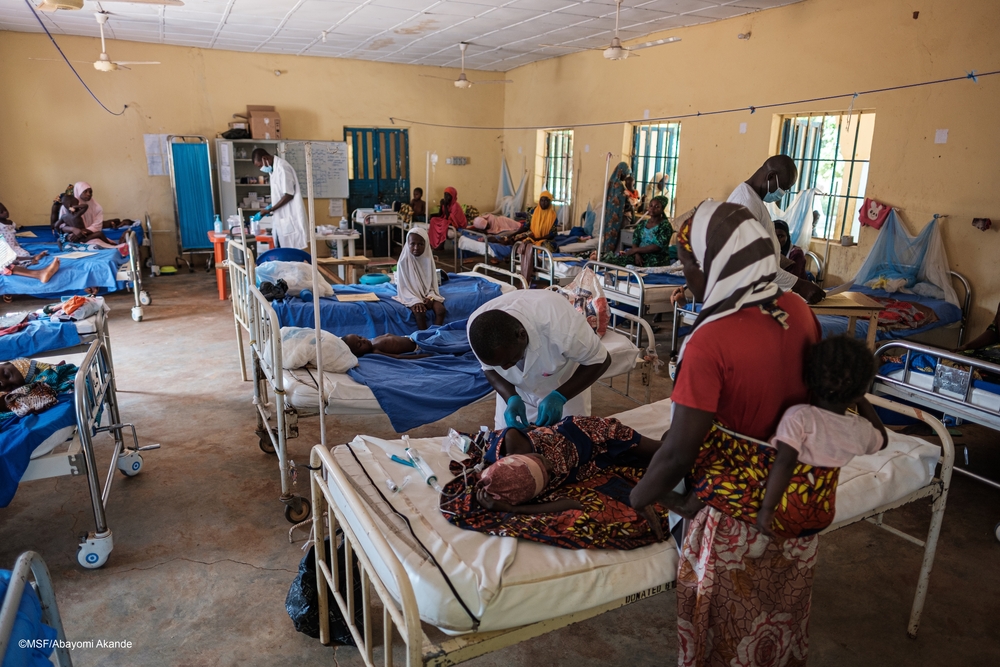Health
“Infant mortality rates in Kebbi State driven to a significant extent by malnutrition”

The medical humanitarian organization Médecins Sans Frontières has launched a new children’s health intervention in Nigeria’s Kebbi state, in response to high levels of infant mortality driven by easily treatable diseases and high levels of malnutrition during the hunger gap period.
“Infant mortality rates in Kebbi State are driven to a significant extent by malnutrition during the annual hunger gap and by high incidence of easily treatable childhood diseases,” says Shaukat Muttaqi, MSF Head of Mission. “Our aim, together with the Kebbi Ministry of Health, is to prevent young children from dying by ensuring early access to treatment for the most common and deadly diseases and ensuring timely availability of treatment for malnutrition.”
In Kebbi state, childhood mortality was found to be significantly above the national average in the Nigerian Demographic and Health Survey in 2018. As in many other contexts, malaria, pneumonia, diarrhea and malnutrition are among the key contributors to childhood mortality. Additional health threats, including recent outbreaks of both measles and cholera, and limited access to healthcare further exacerbate the vulnerability of children. By providing early access to medical care, MSF and the Ministry of Health hope to significantly reduce overall infant mortality in the project area.
As part of the initial project plan, MSF has opened a 10-bed inpatient malnutrition stabilization centre, and two outpatient therapeutic feeding programs in Karaye and Maiyama. The first patients have already begun to receive treatment, with ITFC 17 patients hospitalized in total, 10 discharged and enrolled in ATFC for severe malnutrition and 72 patients enrolled in the outpatient feeding program the weeks of March 13th to 29th. In the coming weeks, MSF will add a community-based healthcare program for malaria, pneumonia and diarrhea.
“This is going to create a quality relationship in terms of strengthening the delivery of healthcare to have better outcomes and quality of care for our patients,” says the Rt. Hon. Jaafar Mohammed, State Commissioner for Health. “We want to appreciate this partnership which we expect will lead to better outcomes and good progress toward our shared objectives to improve the health and nutrition status of our communities.”
The MSF team recently completed a rapid nutrition assessment in the area of Karaye ward, Maiyama LGA with sample size of more than 400 children and found 8.9% of children between six and 59 months were malnourished, while 0.4% were severely malnourished. While these are not abnormally high rates of malnutrition in Nigeria, the hunger gap period in this area is most severe between July and September, which is why MSF and the ministry of health are working to ensure these services are in place before it arrives.
In addition to the focus on paediatric health, MSF will work to address other pressing health needs in the state, including to collaborate with technical support to other health structures to support preparedness for influxes of injured or wounded patients outbreaks of infectious diseases, and responding to the needs of displaced populations.






